The Arabian peninsula is a compelling pivot between Asia, Africa, the Mid-East and Europe. Its connective force comes not merely from the fact that Saudi Arabia is an oil superpower in the world, but because it goes through immense modernisation. This transformation is led by the Custodian of the Two Holy Mosques, King Salman bin Abdulaziz and Crown Prince Mohammed Bin Salman (MBS) who announced their ambitious social reforms and a thriving long-term government programme called Vision 2030 in 2017. As a result, the country has undergone such social, economical and cultural changes in just several years other countries would not go through in a century’s time.
On a hot day in Riyadh, I visited the editorial of Arab News - a market leading, English language news daily. Symbolically, the paper has just recently swapped slogan from „Middle East’s leading Arab English language daily” to „The voice of a changing region” which very well reflects that this country is not just committed to changes, but it also wants to become visible in the world.
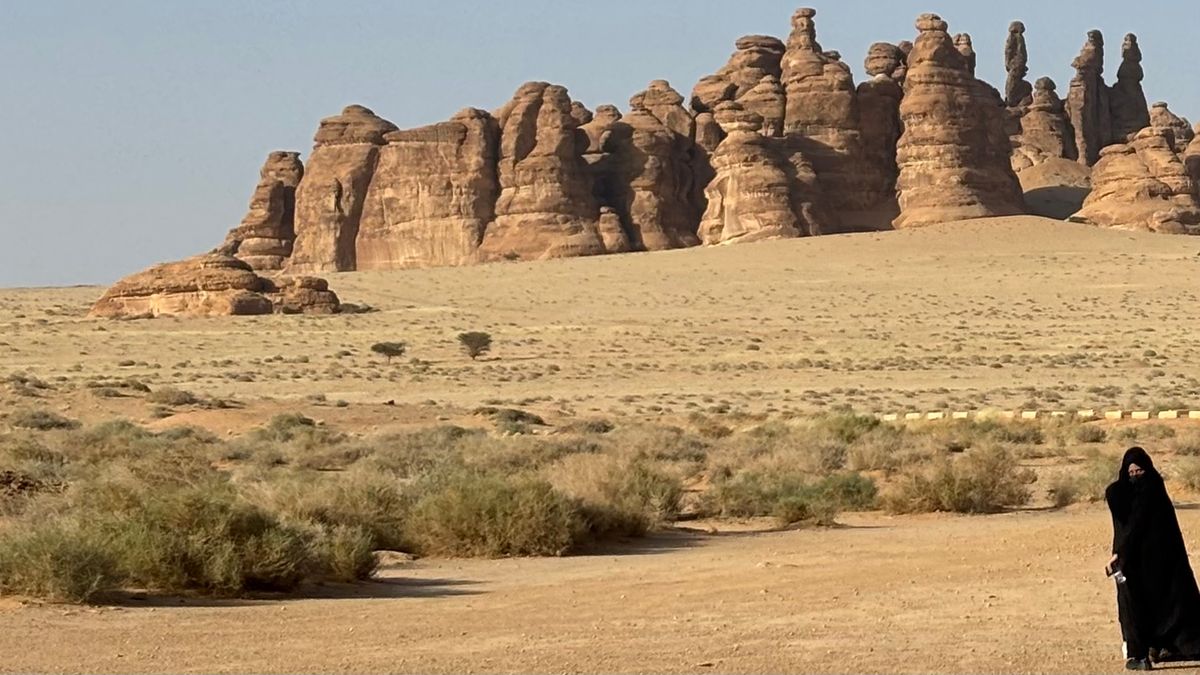
A Land with Wealth of Challenges
Modernisation is a cultural as well as economic procedure that has local characteristics and specialities. MBS is moderate and considerate in the modernisation process. He believes in a smooth transition, because he has well identified that he needs to preserve Saudi Arabia’s security and thus prevailing good partnership with the West and the US, on one hand and maintain good living standards, on the other.
The Kingdom of Saudi Arabia’s population is 16 times as big as it used to be hundred years ago and its capital, Riyadh counts a population of 6 million while it used to host only four hundred thousand inhabitants 86 years ago when the first drops of oil dribbled from the sand in the Dammam oilfield.
Ever since the Kingdom became one of the biggest oil exporters in the world, then stepped up on the world stage as founding member of OPEC in 1960 with the second biggest oil reserves on the globe.
Reforms with Roots
Reforms have been intensified lately but not unprecedented. The Kingdom of Saudi Arabia became member of major international and intergovernmental organisations such as the United Nations, the World Trade Organisation, the World Bank the Arab League not long after the II. World War already, co-established the Gulf Countries Cooperation in 1981 and joined the G20 in 2008.
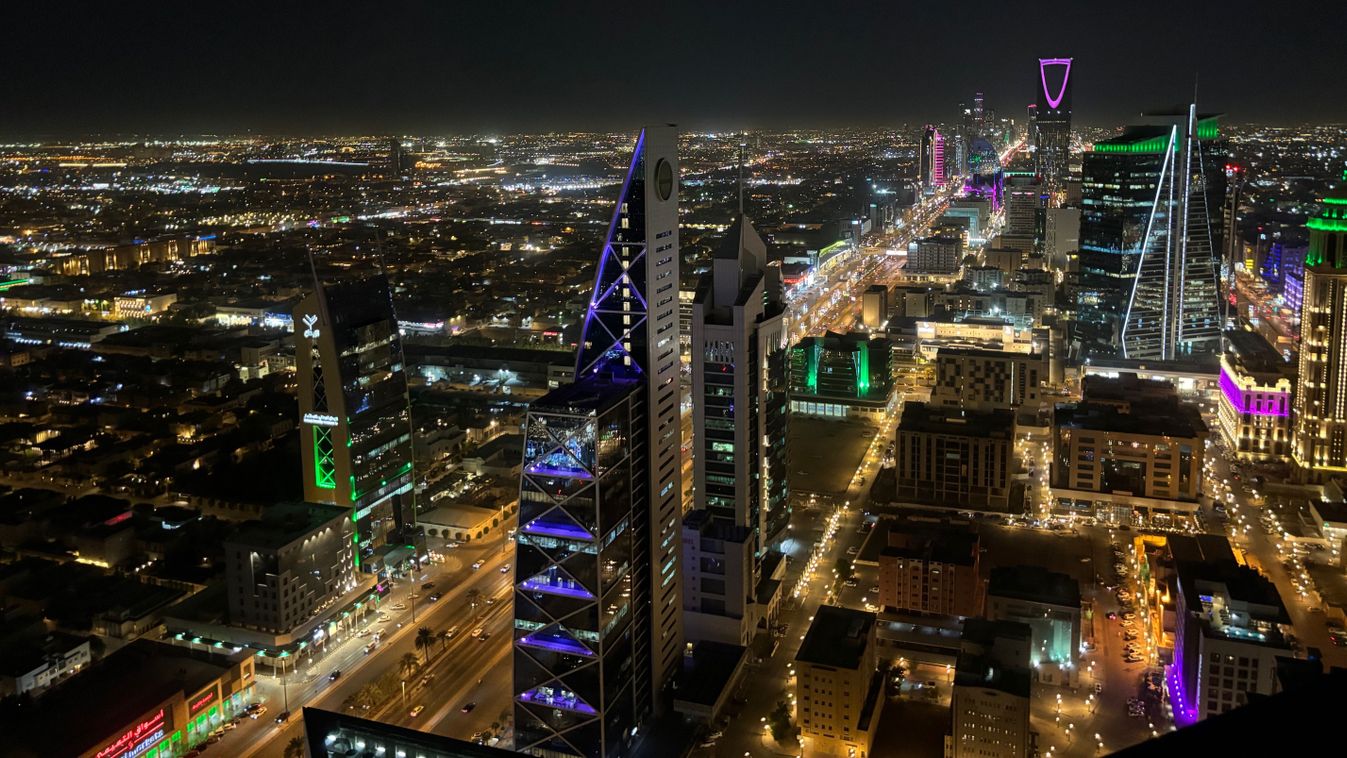
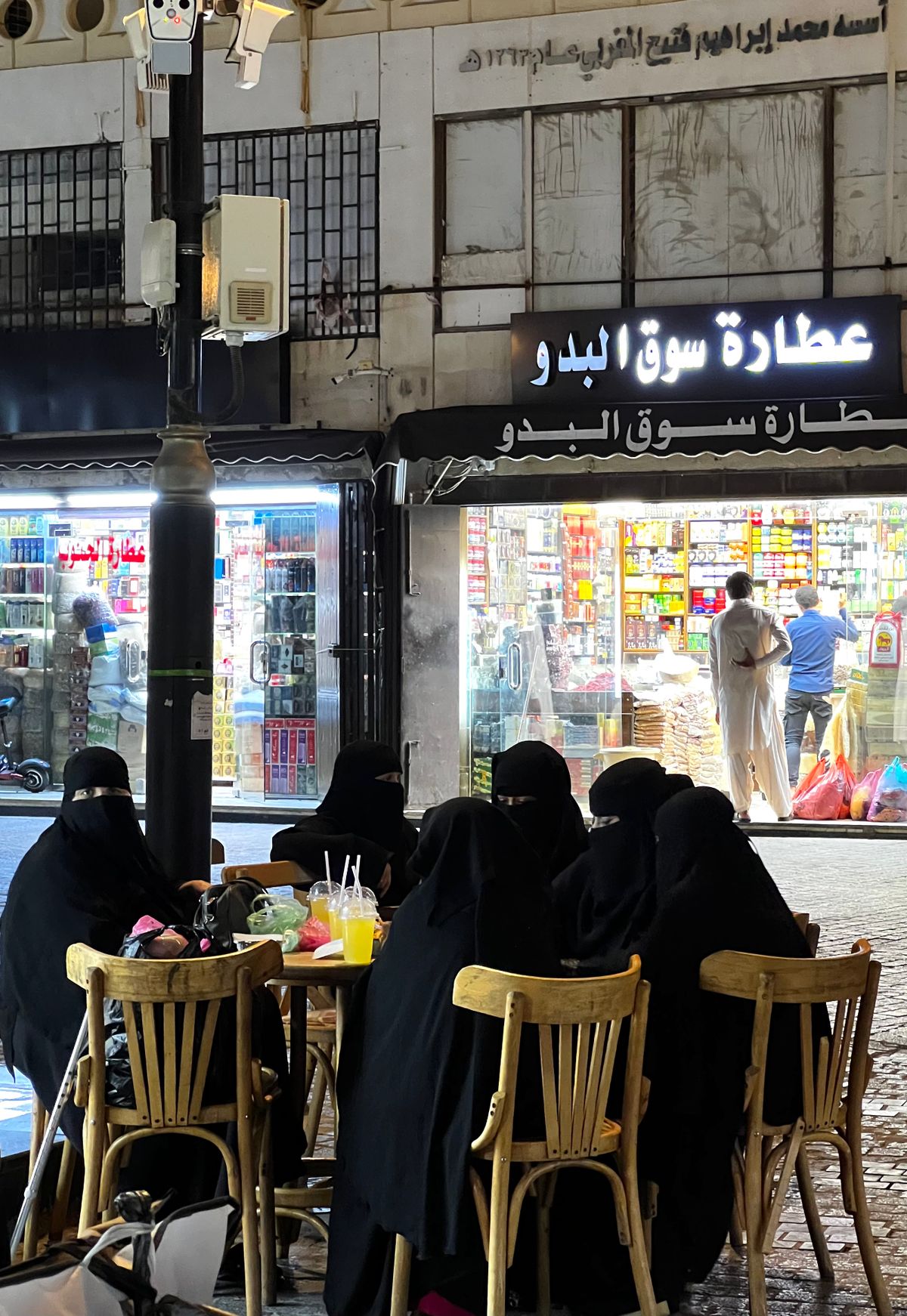
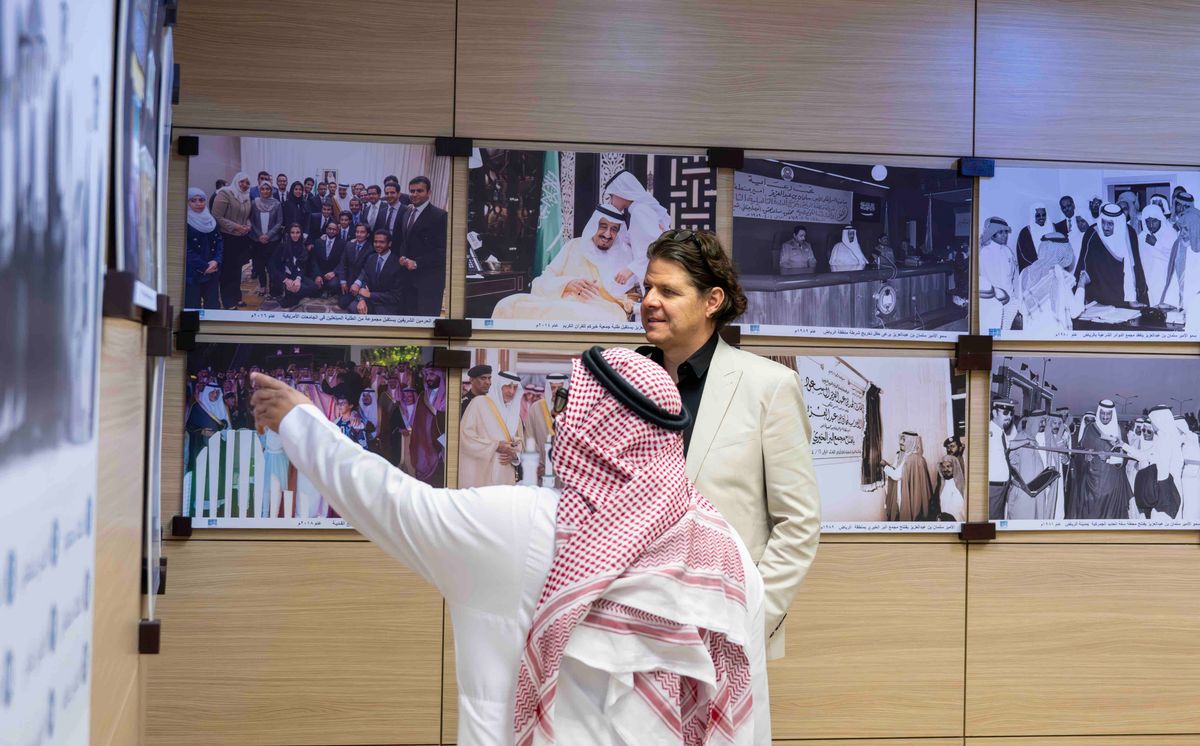
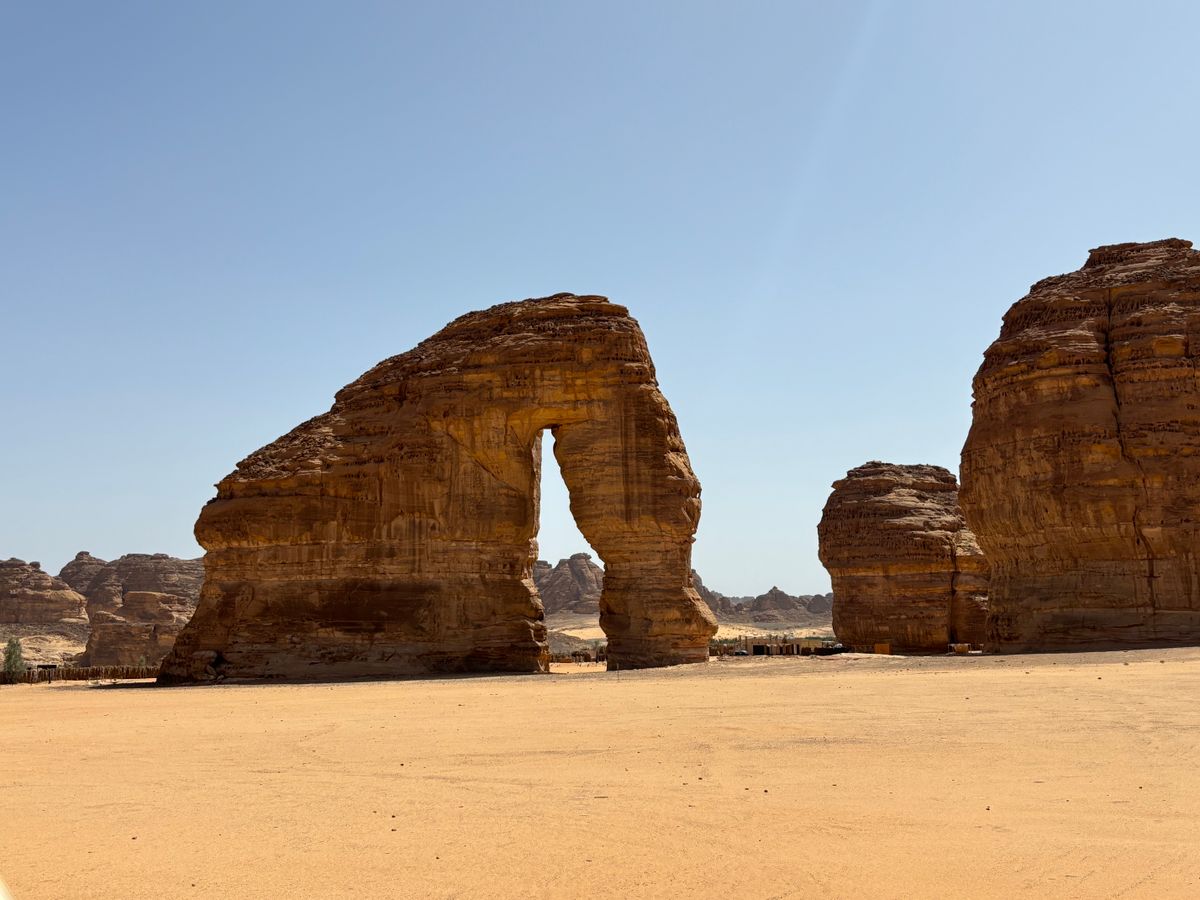





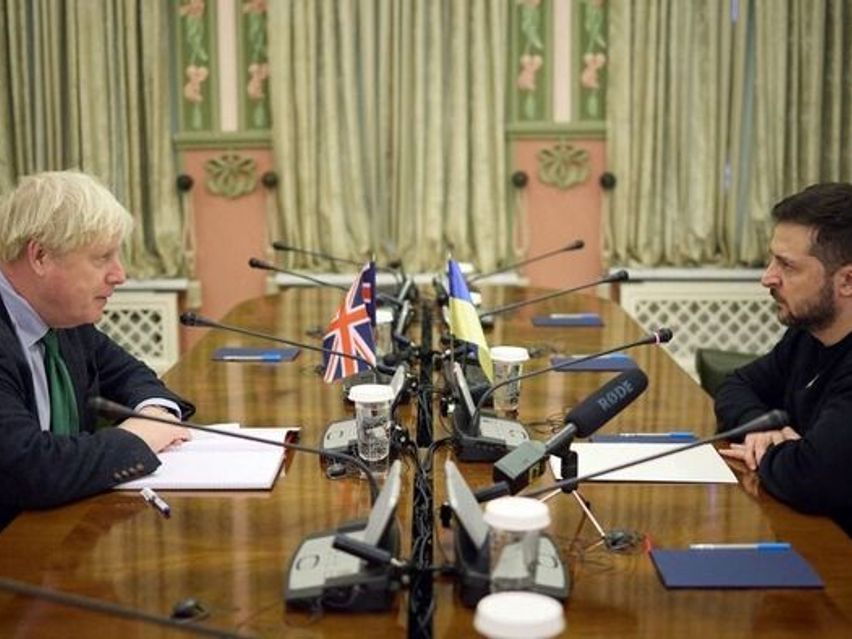
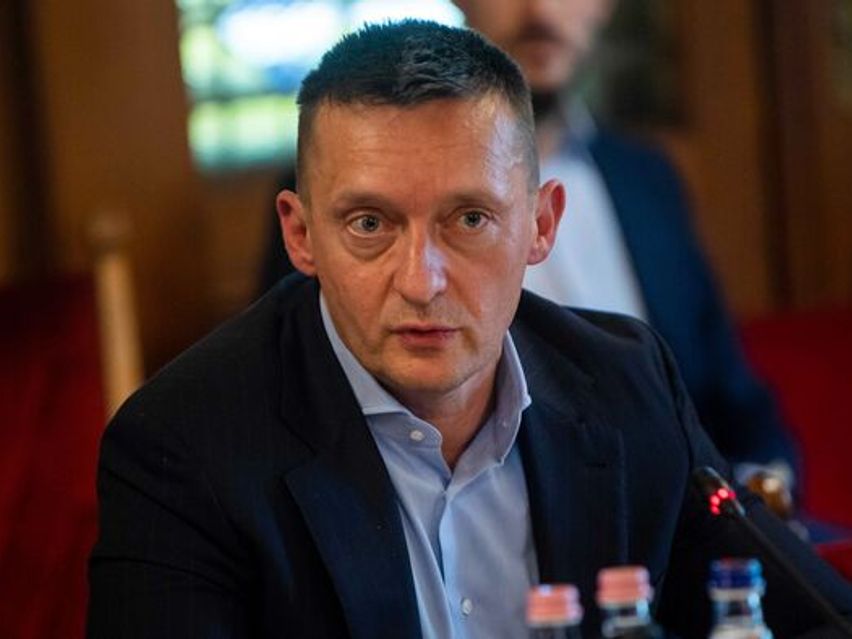
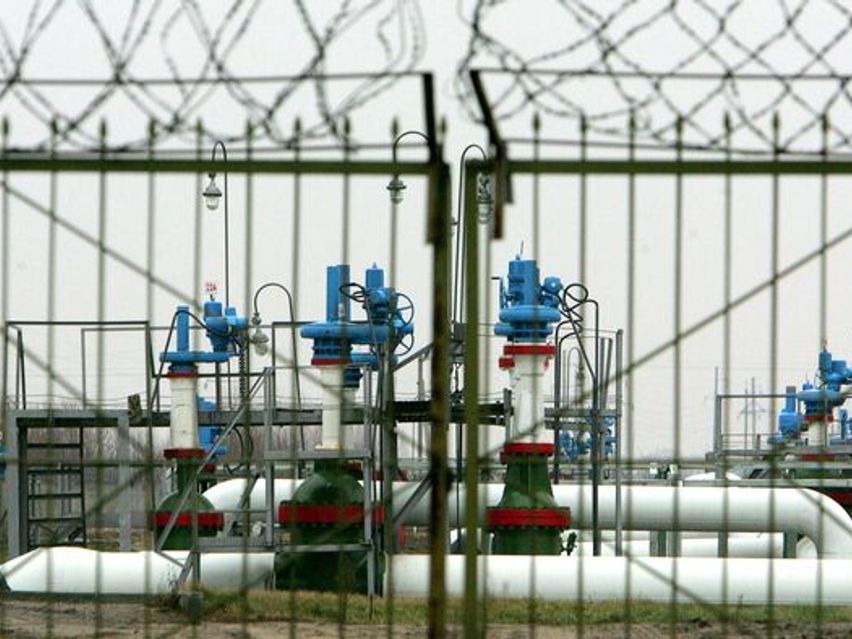




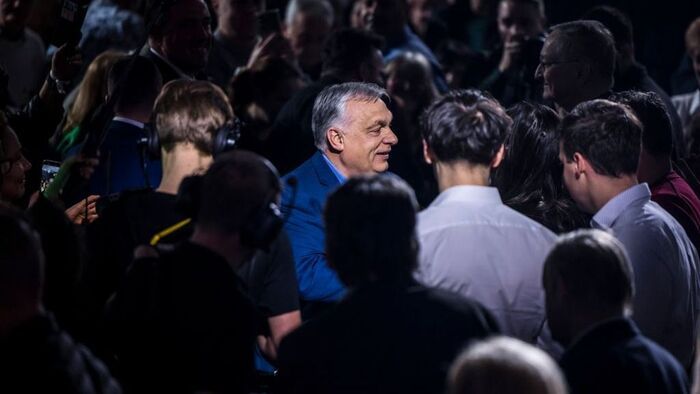

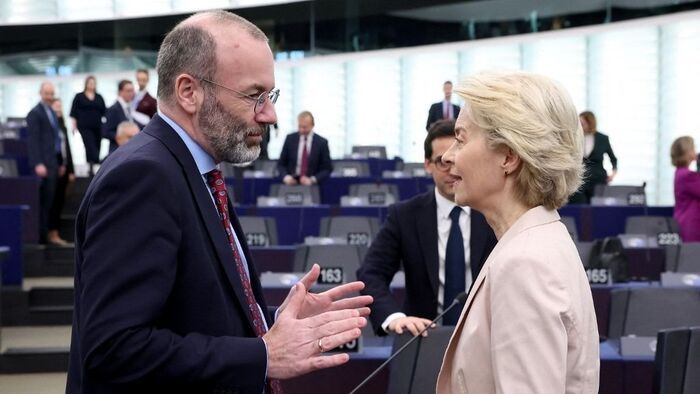
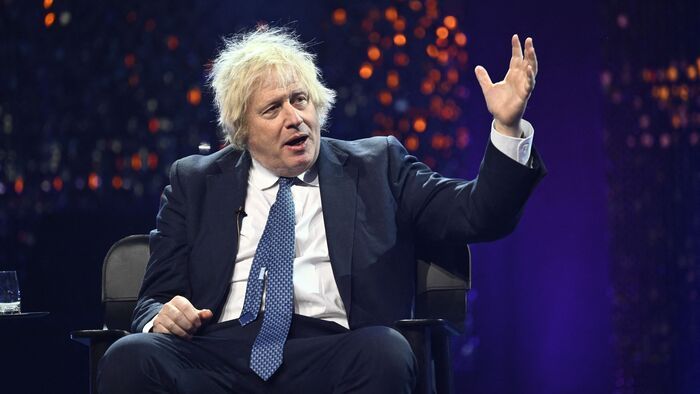
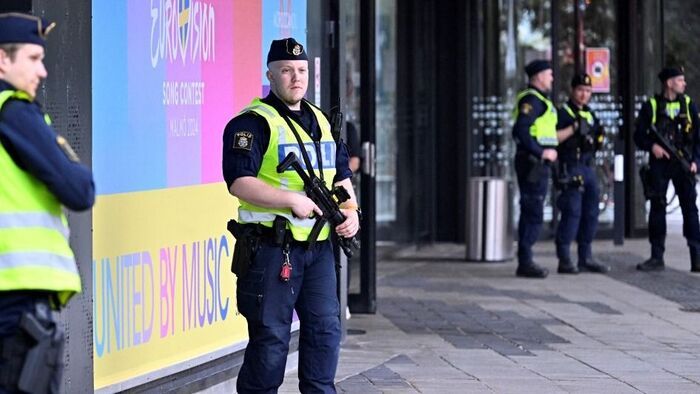

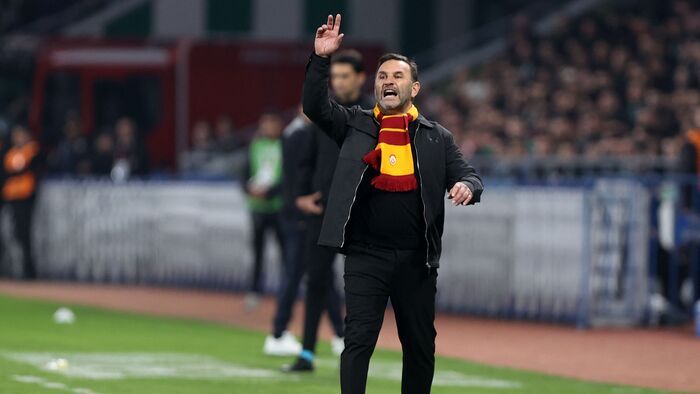



Szóljon hozzá!
Jelenleg csak a hozzászólások egy kis részét látja. Hozzászóláshoz és a további kommentek megtekintéséhez lépjen be, vagy regisztráljon!